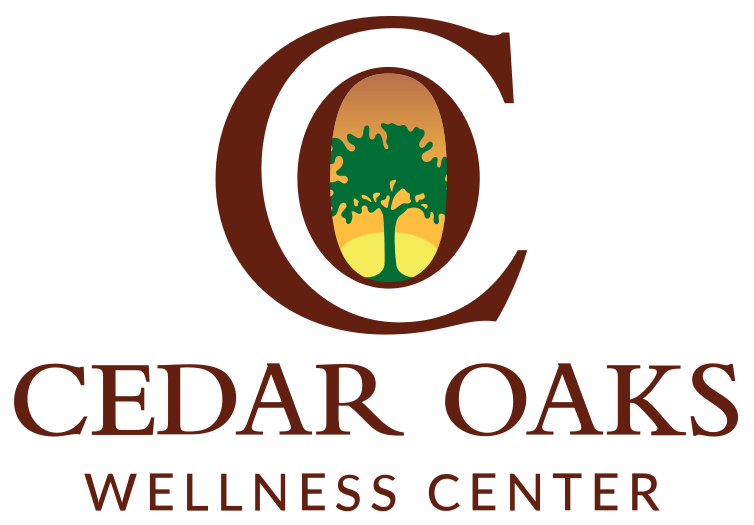Bipolar disorder is a mental disorder often intertwined with addiction, creating a formidable force that’s challenging to break without medical help. While it isn’t clear yet what causes the other, it’s evident that both co-exist. The Journal of Clinical Psychiatry disclosed that an estimated 70% of people with bipolar have a history of drug and alcohol addiction.
When bipolar disorder and alcohol addiction occur, they reinforce each other’s impact, complicating the recovery process. The same goes for when it’s bipolar disorder and drug addiction. As a co-occurring disorder, bipolar and addiction have an intricate relationship that can’t be dealt with single-handedly. This blog delves into bipolar and addiction, exploring the relationship, effect, and treatment using an evidence-based approach.
Contact Cedar Oaks Wellness Center today to learn more about how our Cincinnati drug and alcohol rehab center can help.
Bipolar and Addiction Defined
Bipolar is a common mental health disorder that manifests as mood swings, manic episodes, periods of intensive energy, and impulsivity. It is more than a conventional mood swing; it causes drastic emotional changes. A person with bipolar can be happy this minute and become sad next. They can veer from a depressive state to mania in a short time. Following this period of high intensity are depression and sadness.
Addiction is the unconscious and uncontrolled need for a substance, usually alcohol or drugs, despite knowing their harmful impacts. An individual addicted to alcohol or drugs experiences the same impulsivity that a person with bipolar has after ingesting the substance. When an individual experiences the two conditions, they are said to have a co-occurring disorder or dual diagnosis. Co-occurring disorder makes it complicated for the affected person to live normally. The physical, emotional, and psychological beings are greatly affected.
Why Does Dual Diagnosis Occur?
While no one seems to know what triggers the other, some theories suggest either could trigger both conditions. For example, individuals with bipolar may depend on substances to self-medicate and ease symptoms. Conversely, substance abuse can activate mood swings and worsen bipolar symptoms. This creates a vicious cycle, making recovery complicated without adequate treatment. Intensive treatment is needed to help these individuals regain their lives and live more satisfactorily.
Symptoms of Bipolar Disorder and Addiction
Bipolar can be hard to identify in those with a history of substance misuse. The fluctuating mood swings, which are evident in those with this disorder, can also manifest in those undergoing detox. In many cases, substance misuse can intensify the symptoms of bipolar, making it challenging to uncover the cause of the mood swings.
Although the mood swings are typically more intense than the average adult witness in their lives, they follow a pattern and often strike when you least expect them. Its unpredictable nature leaves the individual helpless and uncontrollable. The following are signs of this disorder:
- Despair
- Fatigue
- Fluctuating energy levels
- Insomnia
- Feelings of degradation
- Suicidal thoughts
- Racing thoughts, causing poor concentration
- Poor judgment
- Impulsive behavior
- Feelings of grandiosity
For substance misuse, the signs are;
- Loss of control
- Spending more time indoors. If outdoors, they spend time with people influencing their addiction.
- Increased tolerance
- Uncontrollable and irrational behavior
- Obsessive cravings
- Mood changes
- Nausea
- Vomiting
- Poor movement coordination
- Weight loss
- Loss of interest in hobbies. They replace their hobbies with substance abuse
Evidence-Based Treatments for Bipolar Disorder and Addiction
Recovering from the co-occurring disorder of bipolar and drug addiction is possible with the appropriate treatment and support system. Here are the available treatment options:
- Medication: Bipolar disorder is recognized by mood swings, but medications like Lithium can help stabilize them. They can also help address addiction during the detox process. Other medications that can help include antipsychotic drugs and blood pressure medications. These conditions must be treated simultaneously to avoid giving room to the other for growth.
- Integrated Therapy: Holistic and comprehensive therapy programs that cater to bipolar and alcohol addiction can effectively address the dual diagnosis simultaneously. Cognitive-behavioral therapy and Motivational Enhancement Therapy have recorded massive successes as dual diagnosis treatments. CBT addresses patterns and behaviors that influence bipolar and addiction, while MET is a collaborative approach that helps define the client’s source of motivation to help them achieve their goals.
- Support Groups: 12-step programs like Alcoholics Anonymous and Narcotics Anonymous can help mitigate the effects of dual diagnosis by providing a sense of community. These platforms foster unity and harmony among members, allowing them to lean on each other for moral support. Coping strategies and relevant educational resources are shared to help with recovery.
- Family Involvement: Involving family members in recovery can help quicken the pace. Family plays a pivotal role in the treatment process by creating a supportive space to accommodate their loved ones as they recover from dual diagnosis.
Seeking Help for Bipolar Disorder and Substance Abuse
Bipolar and addiction are complex conditions that can degrade a person’s life. They are progressive sicknesses that increase in severity if treatment is not sought. At Cedar Oaks Wellness Center, we run different programs that cater to the needs of our clients with co-occurring disorders. Our comprehensive Cincinnati addiction treatment programs use an integrated approach to improve the outcome of this dual diagnosis. Reach out to us now at 1-866-579-0994.


